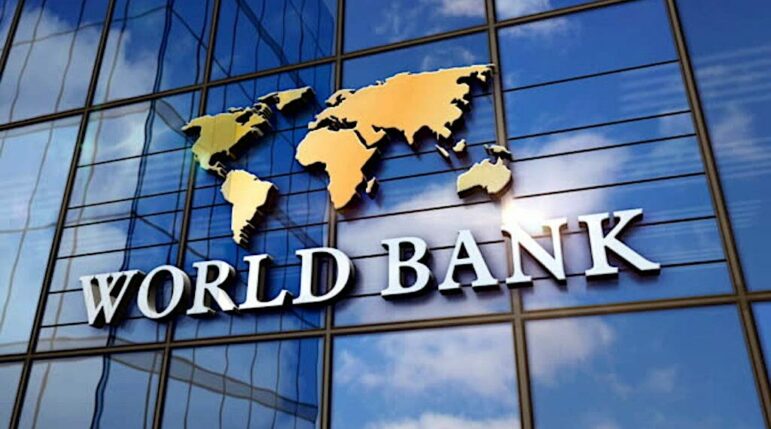Sign in
Sign in
Recover your password.
A password will be e-mailed to you.





Comments are closed, but trackbacks and pingbacks are open.